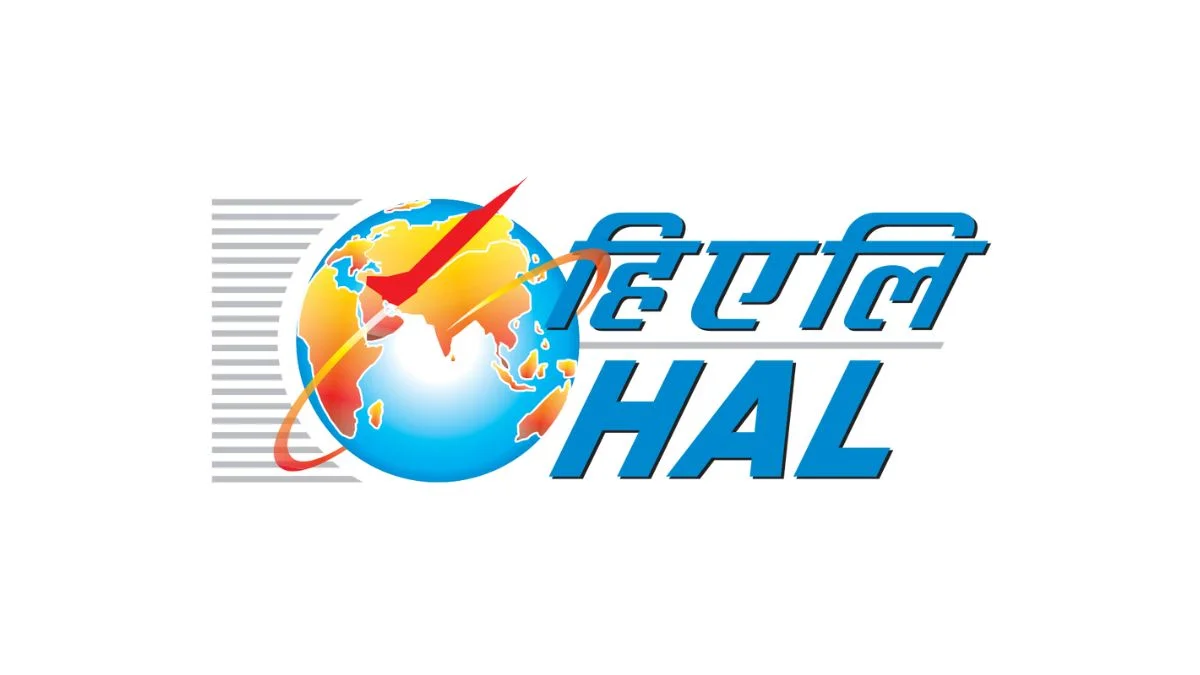HAL shares are likely to be in the spotlight on Monday after the Defence Ministry confirmed that it has received and started examining a proposal from the Indian Air Force for the acquisition of 114 ‘Made in India’ Rafale fighter jets. The project, which would be executed by French manufacturer Dassault Aviation in partnership with Indian aerospace firms including Hindustan Aeronautics Limited and Tata, is estimated to be worth over ₹2 lakh crore. If approved, it will become the largest defence deal ever signed by the Indian government.
Officials said that the Statement of Case prepared by the IAF has already been submitted to the Defence Ministry and is under review by different departments, including Defence Finance. The proposal will be placed before the Defence Procurement Board headed by the Defence Secretary and subsequently the Defence Acquisition Council for clearance. Once finalized, the deal will add significantly to India’s combat capability, taking the total Rafale fleet strength to 176 aircraft, which includes the 36 jets already in service with the IAF and 26 ordered by the Indian Navy under previous agreements.
The new deal places strong emphasis on indigenous manufacturing, with over 60 percent of the fighter jet components expected to be sourced domestically. HAL and Tata are expected to play a major role in the manufacturing process, while Dassault is planning to set up a dedicated Maintenance, Repair and Overhaul facility for Rafale’s M-88 engines in Hyderabad. This is expected to create a strong supply chain ecosystem and reduce India’s dependence on foreign maintenance for these advanced fighters.
The push for expanding the Rafale fleet comes shortly after the aircraft’s strong performance during Operation Sindoor, where it effectively countered Pakistan and overcame the Chinese PL-15 air-to-air missiles with its advanced Spectra electronic warfare suite. The new India-made jets are also likely to be equipped with air-to-ground missiles that have longer range than the existing Scalp, further strengthening their strike capabilities.
India’s fighter fleet modernization is becoming increasingly urgent amid rising regional threats. The IAF’s future combat force will be anchored by the Su-30 MKIs, Rafales and indigenous projects. Alongside the Rafale expansion, India has already ordered 180 LCA Tejas Mk1A jets and is also working on the development of its indigenous fifth-generation fighter, which is expected to be inducted in significant numbers after 2035.


